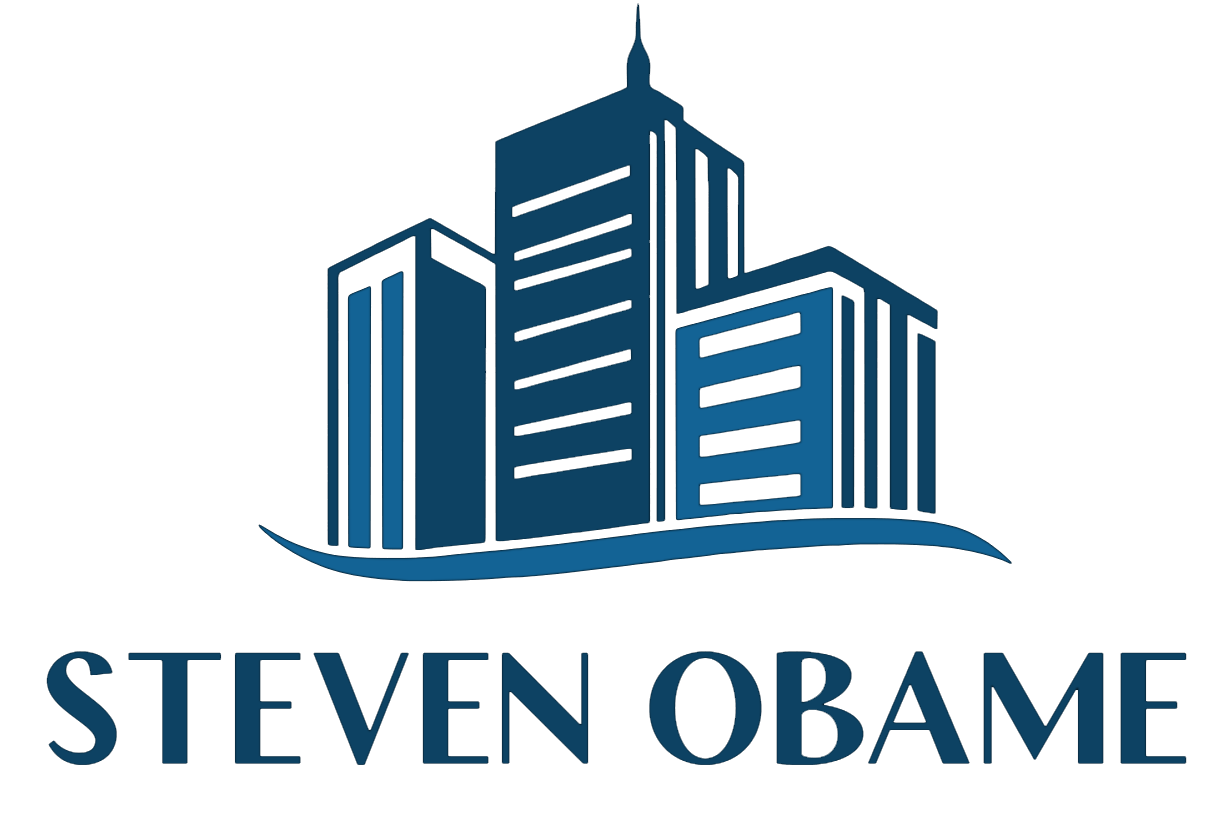In May 2025, Gabon took a decisive step toward addressing chronic electricity outages and uneven water access by establishing the National Fund for Energy and Water (FNEE) via Cabinet decree on May 30, 2025.
Backed by a CFA 1,134.5 billion (~US $1.93 billion) budget for 2024–2026, the FNEE marks a strategic pivot toward coordinated investment and stronger governance in essential services.
The fund’s initial scope covers several priority streams. Short-term emergency measures—including floating power plants contracted in February 2025—are allocated roughly CFA 300 billion (26.4 % of the budget). Cross-border interconnection projects, such as the new regional grid link with Equatorial Guinea, account for CFA 400 billion (35.3 %). Support to stalled flagship projects—most notably the 125 MW Owendo thermal plant (2027) and key hydro works (Ngoulmendjim, Impératrice Eugénie) - requires approximately CFA 297.3 billion (26.2 %). The remaining CFA 137.2 billion (12.1 %) is reserved for complementary initiatives, including potential solar mini-grids, network upgrades, and rural electrification.
|
|
Administration of the FNEE sits within the Ministry of Economy, tasked with mobilizing public, donor, and private contributions under transparent selection criteria. Robust oversight frameworks—covering procurement, financial tracking, and performance reporting - aim to prevent the fragmentation and cost overruns that have plagued past infrastructure efforts.
Strategically, the FNEE is poised to stabilise power supply by fast-tracking generation assets and network reinforcement, while also advancing equitable water access through targeted rural programmes. Its structure embeds sustainability by rescuing green projects like Ngoulmendjim and Impératrice Eugénie and by creating fiscal space for future renewables, including solar and mini-grids.
The FNEE represents more than a funding mechanism; it’s a turning point in how Gabon approaches public infrastructure. By combining a substantial budget with clear governance and accountability, Gabon is assembling the tools for durable progress in sectors essential to social equity and economic resilience. The real test will be in execution, but amid years of piecemeal fixes, the FNEE stands out as a vehicle for long-term transformation.
Steven OBAME




